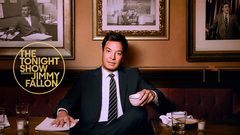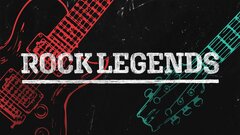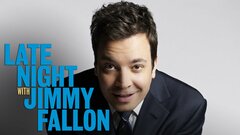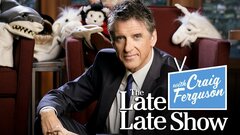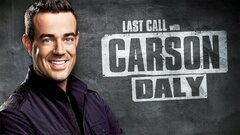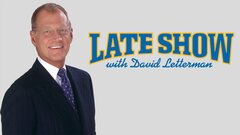A stylish singer with a unique, achingly pained vocal and songwriting style, Morrissey's work stirs up so many emotions. Coming of age in the punk scene, Morrissey became a legend singing for The Smiths, one of the most important bands in British alternative music. When The Smiths broke up, Morrissey launched a successful solo career, while his former band's popularity continued to grow long after the band called it quits.
Born Steven Patrick Morrissey on May 22, 1959, Morrissey (who permanently dropped his first name when he began The Smiths) came from an Irish Catholic family who moved to Manchester from Crumlin, Dublin. Morrissey's music and performing style were influenced by 1960s pop singers like Sandie Shaw and Marianne Faithful, while he took lyrical and visual cues from fellow rebels like James Dean and Oscar Wilde. Morrissey struggled with depression growing up, and it gave his work great empathy for those that are similarly hurting. Morrissey found great comfort in pop music, and millions of fans struggling with similar issues would one day turn to him for solace as well.
Morrissey found his voice as an artist when the punk scene hit. He sang for a band called Ed Banger and the Nosebleeds in 1978, which featured Billy Duffy (later of The Cult) on guitar. In true punk fashion, the band split up same year they formed. Morrissey briefly went with Duffy to Slaughter and the Dogs, who quickly dumped Morrissey and changed their name to Studio Sweethearts. In the early 1980s, Morrissey turned to writing, and published three books, one about one his favorite band, The New York Dolls, one about his personal idol James Dean, and one (which was written in 1982 but not published until the 1990s, to his displeasure) about B movie stars.
Morrissey met guitarist Johnny Marr in the spring of 1982, when the younger musician rang the doorbell of his parents' house and suggested they form a band. The Smiths put out their first single, "Hand In Glove," in May 1983. The song was discovered by legendary British DJ John Peel, and created a strong buzz in the burgeoning indie scene. The band started climbing the charts with "This Charming Man" and "What Difference Does It Make?," building a dedicated following. The band's self-titled first album came out in February 1984, and went to #2 on the UK charts.
In early 1985 came The Smiths' second album, Meat is Murder, a reference to Morrissey's stance on animal rights; the singer had been an outspoken vegetarian since he was 11 years old. The album went to #1 on the UK charts. Along with hit non-LP singles like "Shakespeare's Sister" and "How Soon is Now?," next came The Queen is Dead in June 1986. But The Smiths were faltering due to record company squabbles, the increasing drug addiction of bassist Andy Rourke, and Marr buckling under the pressures of touring and recording. Marr left the band in June 1987, and he proved to be too singular a talent to be replaced. The band put out one more album after the breakup, Strangeways Here We Come, in September 1987. Wasting no time, Morrissey launched his first solo album, Viva Hate, in 1988, and it debuted at number on the U.K. charts. The album included his singles "Suedehead" and "Every Day Is Like Sunday." Morrissey followed up with Kill Uncle in 1991, then Your Arsenal in 1992, which was produced by Morrissey's long time idol, David Bowie's former guitarist Mick Ronson. It was nominated for a Best Alternative Album Grammy. Morrissey continued to record throughout the nineties, but after the Alma Matters album in 1997, he didn't record another album for seven years. Even in absence of any new material, Morrissey kept playing to huge crowds, including a headlining appearance at the Coachella Festival and two sold out nights at Royal Albert Hall.
Morrissey started recording again with his album You Are the Quarry in 2004, the same year that he was named by Rolling Stone as one of 100 Greatest Singers of All Time. However, during this era of his career, Morrissey was regularly castigated by the media and even many fans when some of his usual withering insults against carnivores and other people he deemed unworthy were taken as being tinged with racism and classism. In 2013, Morrissey released his long awaited Autobiography through Penguin Classics, an honor usually reserved for titles like Pride and Prejudice. To no one's surprise, it became a critically-acclaimed best-seller. Morrissey's 2014 solo album World Peace Is None of Your Business was roundly hailed as one of his strongest efforts, but he was dropped by new label Harvest Records only weeks after its released, following disparaging remarks on how the label promoted the release.



